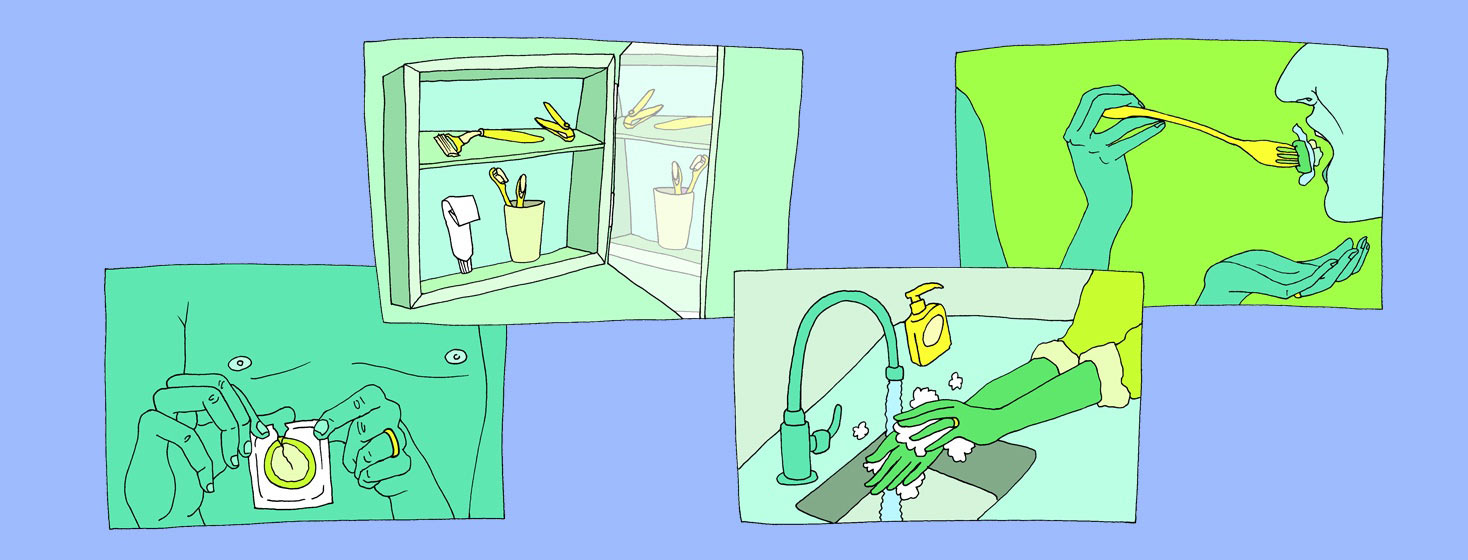Tips for Keeping Family Healthy During Hep C Treatment
When you are diagnosed with an infection, fears may turn to your family members and their safety. How do you protect loved ones from getting sick as well? Hep C is no different. As a nurse, I recall being asking how someone could keep their loved ones safe until they’re cured. So, let’s look at some basic tips you (and your household members) could follow:
Standard Precautions (also called Universal Precautions)
This fancy term describes how we, in the healthcare world, protect ourselves from infections that transfer through body fluids (blood, saliva, etc). These actions are called “standard” or “universal” because we do them with every patient, even if they don’t have an infection. Some standard precautions can be used at home as well, such as:1,2
- Washing your hands often. This can be done by both you and your family members or friends.
- Not reusing or sharing needles or other medical equipment (such as a diabetes glucometer). Also not sharing razors, nail clippers, toothbrushes, or other items that may come into contact with your blood.
- Cleaning surfaces, such as countertops, toilets, bathtubs and sinks, regularly with beach-containing products.
How is hep C spread?
Hep C is spread through blood-to-blood contact; Even droplets that are too small for us to see without a microscope!
For many years, it was believed that hep C was infectious outside of someone’s body (ex: a dried blood drop on a countertop) for a few days. However, in 2014, a study showed it is infectious much longer than that - up to six weeks!3,4 This means regular cleaning of your hands and home and not sharing supplies that come into contact with your blood are likely the most protective things you can do for your loved ones.
Preventing sexual transmission
You may be concerned about keeping your partner or partners safe during sex. Luckily, compared to other forms of hepatitis, the risk of transferring hep C during sex is low.5
But, there are still some things you can do protect your partner or partners. If possible, avoid sex acts that could cause some bleeding in more delicate tissues (ex: anal sex). Also, your partner’s risk is higher if they have sexually transmitted infections (STIs or STDs), especially those that can cause open sores, such as herpes. Using condoms or other safer sex barriers can lower the chances of getting hep C. Finally, if you have a long-term partner, encourage them to get tested for hep C at least once. It may be possible that the infection transferred to them over the years.6
How hepatitis C is NOT spread
What you don’t have to worry about: Connecting with your loved ones in everyday ways. Many of the things you may do, such as kissing, hugging, sharing your fork or knife with someone, and shaking hands, are considered safe. Having hep C doesn’t mean you have to avoid others. This is likely a time you’ll need extra love and support!2

Join the conversation